Summaries of books about Economics:
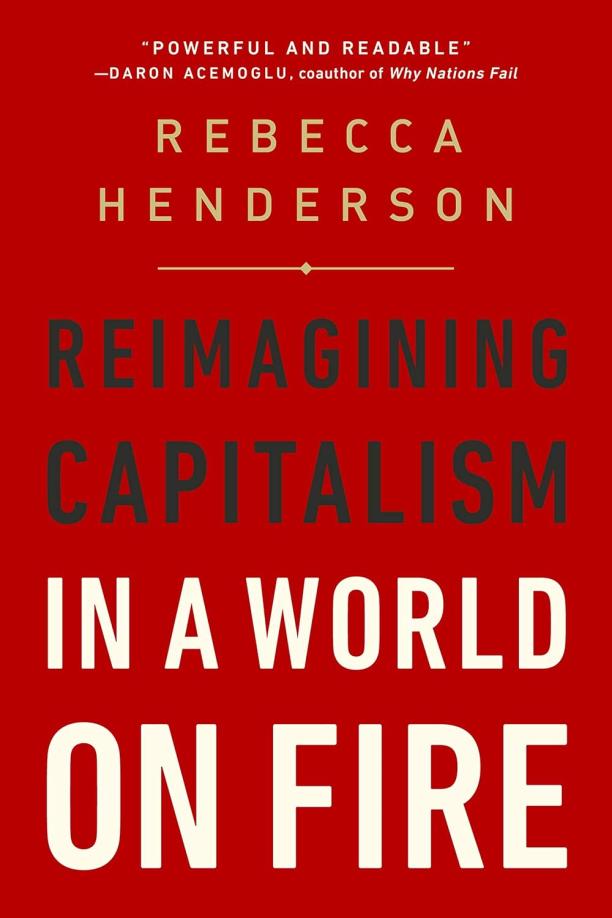
Reimagining Capitalism in a World on Fire
Rebecca Henderson
The book presents a compelling argument for overhauling the current capitalist system to address urgent social and environmental issues, advocating for a model that balances profit with purpose. It outlines practical strategies for businesses to lead the way in creating a more sustainable, equitable, and prosperous world.
See full summary
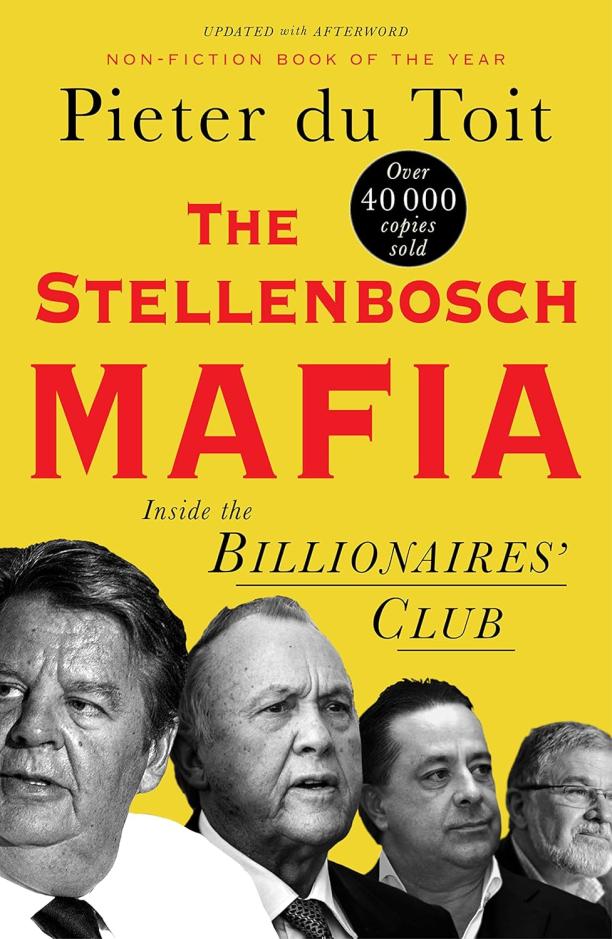
The Stellenbosch Mafia
Inside the Billionaire's Club
Pieter du Toit
The book delves into the lives and influence of a group of wealthy Afrikaner businessmen from Stellenbosch, South Africa, exploring their impact on the South African economy and politics. It examines the networks and relationships that bind these moguls, their rise to power, and the controversies and successes that have defined their legacies.
See full summary
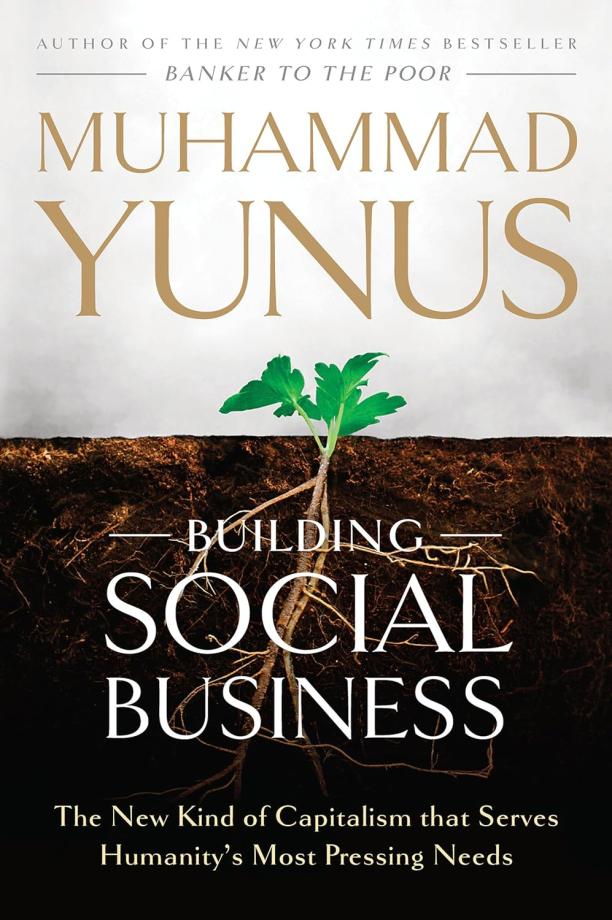
Building Social Business
The New Kind of Capitalism That Serves Humanity's Most Pressing Needs
Muhammad Yunus
The book presents the concept of social business, a model designed to address social problems through entrepreneurial principles without the primary goal of profit maximization. It outlines how businesses can be created to serve the needs of the poor and disadvantaged, using real-world examples and strategies for implementing sustainable, impact-driven ventures.
See full summary
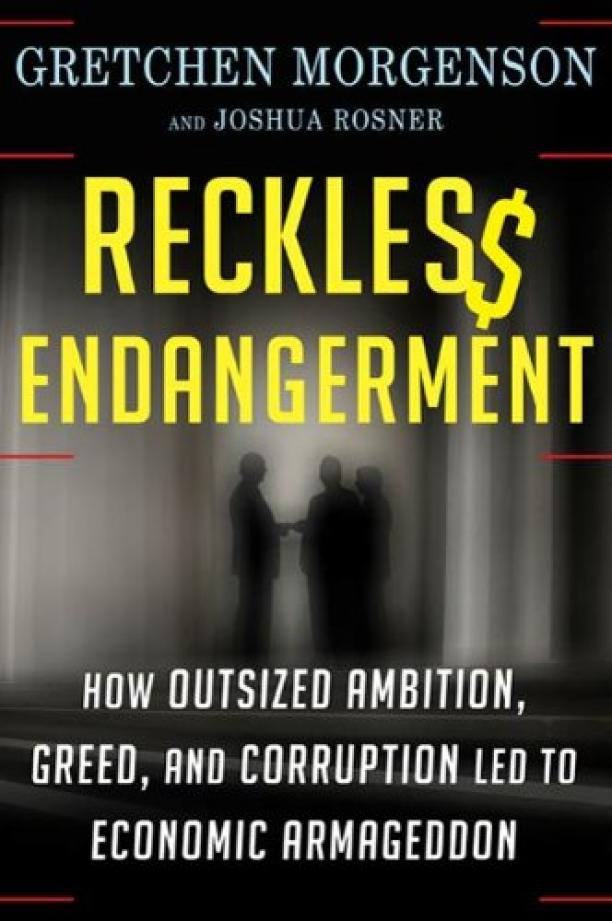
Reckless Endangerment
How Outsized Ambition, Greed, and Corruption Led to Economic Armageddon
Gretchen Morgenson|Joshua Rosner
The book investigates the causes of the 2008 financial crisis, focusing on the roles played by influential individuals and institutions in the housing market and Wall Street, whose pursuit of profit and power contributed to the economic collapse. It exposes the complex web of relationships and actions between government entities, regulators, and the financial industry that led to reckless behavior and ultimately, financial disaster.
See full summary
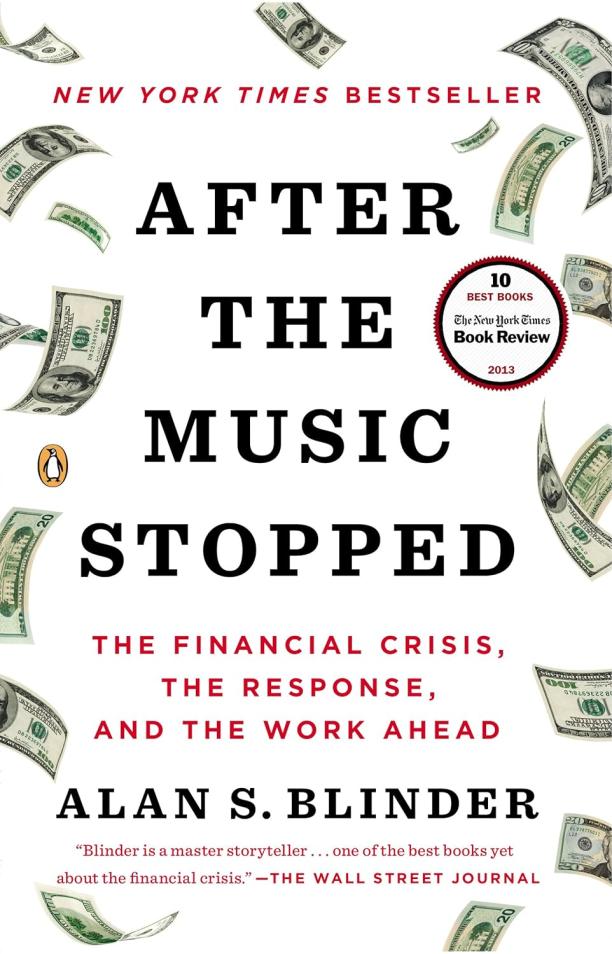
After the Music Stopped
The Financial Crisis, the Response, and the Work Ahead
Alan S. Blinder
The book provides an analysis of the causes and aftermath of the 2008 financial crisis, detailing the policy responses by the U.S. government and central bank. It also discusses the challenges that remained in the wake of the crisis and the necessary steps to prevent future economic disasters.
See full summary
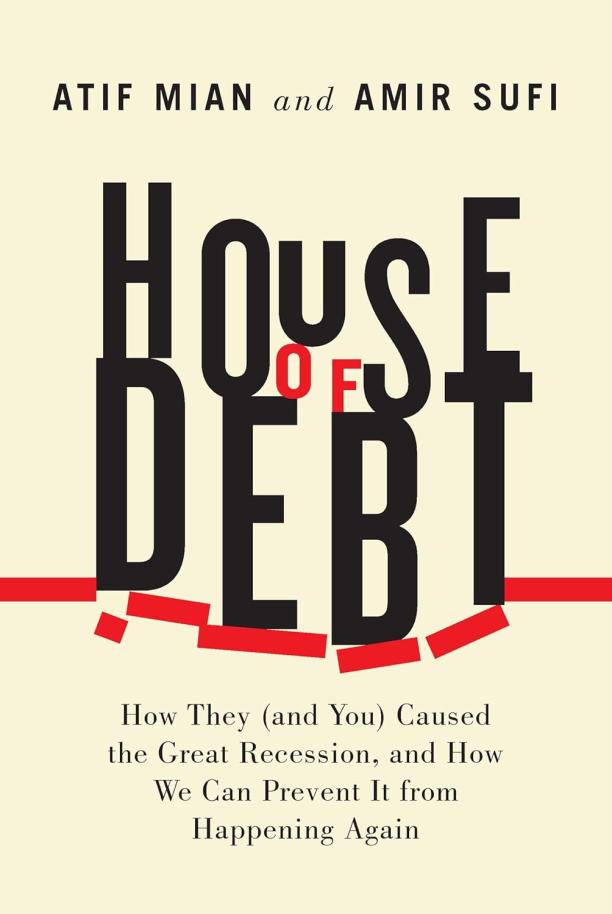
House of Debt
How They Caused the Great Recession, and How We Can Prevent It from Happening Again
Atif Mian|Amir Sufi
The book examines the causes of the Great Recession, emphasizing the role of household debt and the banking sector in triggering the economic downturn. It proposes policy solutions to mitigate the impact of similar crises in the future, focusing on debt restructuring and financial reforms to prevent excessive borrowing and lending.
See full summary
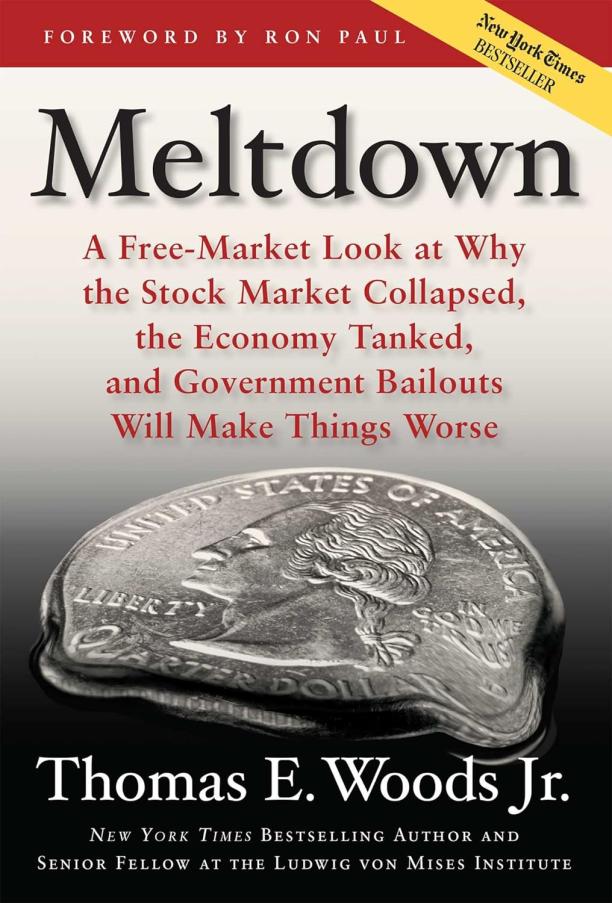
Meltdown
The Classic Free-Market Analysis of the 2008 Financial Crisis
Thomas E. Woods
The book presents a libertarian perspective on the 2008 financial crisis, arguing that government intervention and central banking policies, rather than unregulated markets, were the primary causes of the economic meltdown. It critiques the actions of the Federal Reserve and other regulatory agencies, suggesting that free-market principles could have prevented the crisis or lessened its severity.
See full summary
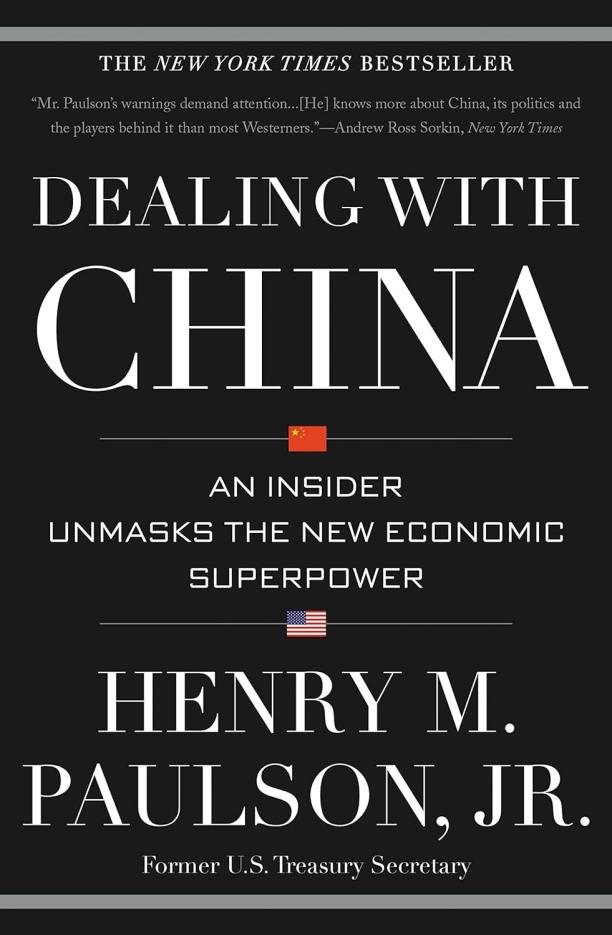
Dealing with China
An Insider Unmasks the New Economic Superpower
Henry M. Paulson
The book provides an in-depth look at China's economic rise through the lens of the author's experience as a former US Treasury Secretary and his dealings with Chinese leaders. It offers insights into the complexities of engaging with China's blend of capitalism and state control, and the challenges and opportunities presented by its global economic integration.
See full summary
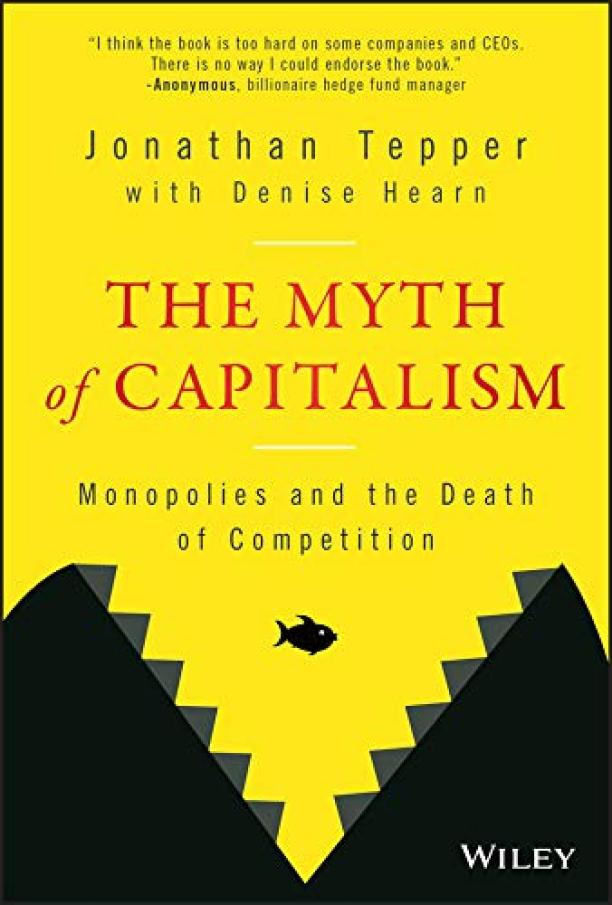
The Myth of Capitalism
Monopolies and the Death of Competition
Jonathan Tepper
The book argues that increasing corporate concentration and monopolistic practices have eroded competition in the American economy, leading to negative consequences for consumers, workers, and innovation. It examines how a few dominant companies in various industries have gained excessive power, influencing regulations and policies to their advantage, and proposes solutions to restore competitive markets.
See full summary

Super Crunchers
Why Thinking-by-Numbers Is the New Way to Be Smart
Ian Ayres
The book explores the rise of big data and the impact of statistical analysis on decision-making across various industries. It delves into real-world examples of how number-crunching algorithms are surpassing traditional expert judgment and transforming fields like business, health, and government.
See full summary